PCCI Innovation – Pediatric Asthma AI/ML program receives Kaiser Permanente grant
The Kaiser Permanente Division of Research (KP-DOR) in partnership with the Gordon and Betty Moore Foundation has selected PCCI and Parkland Health’s AI/ML Model for Pediatric Asthma Care as one of five national programs to receive the prestigious award to advance Augmented Intelligence in Medicine and Healthcare (AIM-HI). The three-year grant is designed to evaluate the implementation of existing Artificial Intelligence/Machine Learning algorithms that enhance diagnostic decision-making, identify best practices for scalability, and build capacity for effectively implementing and rigorously evaluating the use of AI/ML algorithms in real-world settings. Through a rigorous and highly competitive process involving more than 120 leading organization pioneering AI in healthcare, the five organizations were selected representing a diverse set of diagnostic areas, patient populations and clinical settings.
“We are extremely proud and excited to be selected for the Augmented Intelligence in Medicine and Healthcare Initiative,” said PCCI’s CEO, Steve Miff, PhD. “This is one of the first and most comprehensive grants to date directly focusing on scaling and rigorously evaluating the ethical and equitable applications of AI in diagnostic decision-making in real-world settings. We are looking forward to not only contributing to advance the adoption of AI in patient care using sound research methods but learning from the industry leading experts at the Kaiser Permanente’s Division of Research and the pioneers in AI at the other AIM-HI peer organizations and their partners.”
PCCI and Parkland have developed and deployed an AI/ML risk prediction model leveraging EHR data to identify rising asthma risk in pediatric patients. The model generates risk reports to frontline providers and is integrated into Parkland’s EHR to trigger point-of-care alerts during outpatient visits for Very-High- or High-Risk patients. The programs also include a direct to patients and care-givers text-based engagement, education, symptom monitoring and alerting. Originally developed and deployed in collaboration with the Parkland Community Health Plan (PCHP) to support the care of Medicaid children across North Texas, the program was expanded to Parkland Health clinics in 2019 and has been highly effective in identifying rising risk patients and preventing ED and hospital admissions for asthma. (https://pccinnovation.org/parkland-program-helps-pediatric-patients-with-asthma-management/)
The AIM-HI program will test the generalizability of Parkland’s model in two additional large Federally Qualified Health Centers (FQHCs): Los Barrios Unidos (LBU) and Foremost Family Health Centers (Foremost), which serve some of the most underserved and diverse Dallas communities.
In addition to the organizations directly involved in the AIM-HI program, PCCI and Parkland Health continue to partner with Dallas County Health and Human Services (DCHHS) to expand the use of the new Pediatric Asthma Surveillance System (PASS) that describes community-level information regarding pediatric asthma risk factors in Dallas County. The PASS dashboard is available on the DCHHS website where families can be made aware of their local risks. (https://pccinnovation.org/new-site/pediatric-asthma-surveillance-system/)
Leading the program for PCCI include Yolande Pengetnze, MD, MS and George (Holt) Oliver, MD, PhD, with Parkland Health’s Cesar Termulo, Jr., MD, as the lead program investigator.
PCCI and Parkland have been innovators in building, deploying and testing AI/ML model for over a decade, with close to a dozen active model in production today. The pediatric asthma program supporting children with asthma in Dallas is one of these programs. To learn more about PCCI’s overall work, please view our newly released 2023 Impact Report.
For more information about the Kaiser Permanente AIM-HI program and learn about the other awardees go to: https://divisionofresearch.kaiserpermanente.org/kaiser-permanente-ai-machine-learning-in-health-care/
###

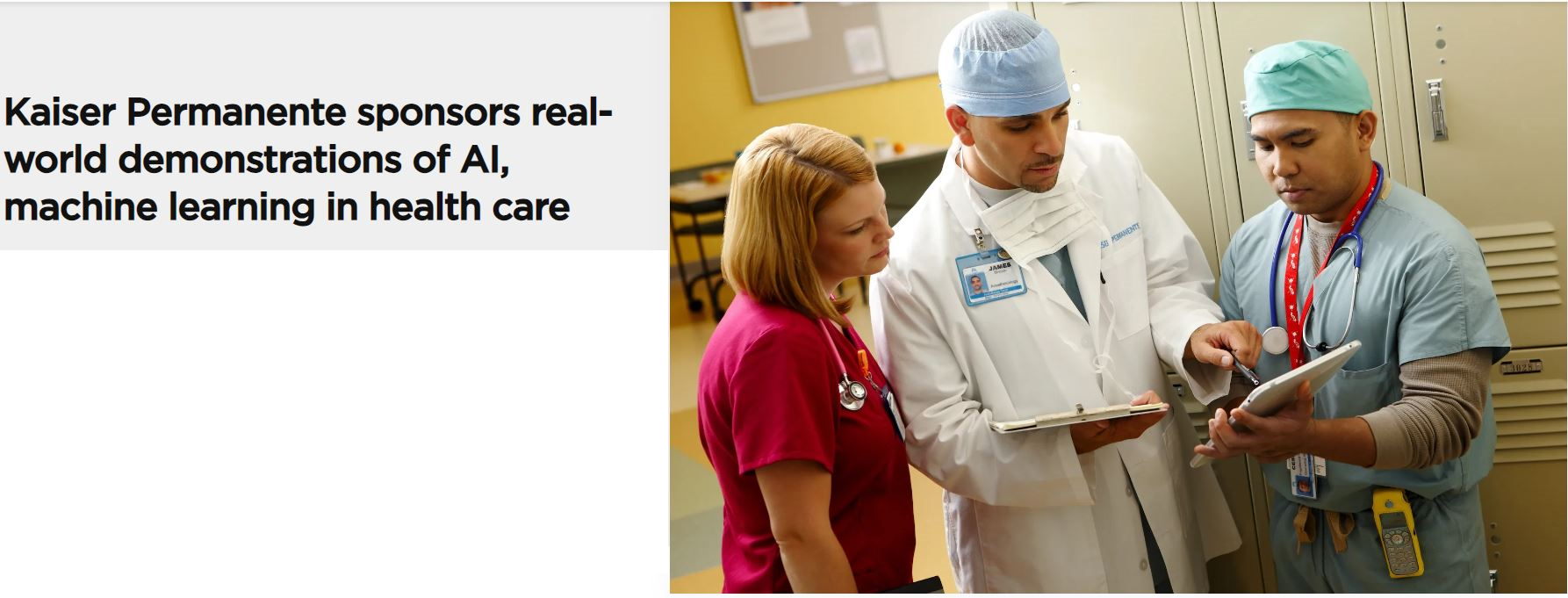





 Playing sports was not always easy for Sir. At age 5 after running outside with friends, Sir began struggling to breathe and was rushed to the Emergency Department at Children’s Hospital. His mother Sheniqua Turner, 36, had no idea the symptoms her son was experiencing at that moment were due to an asthma attack. He was hospitalized for three days.
Playing sports was not always easy for Sir. At age 5 after running outside with friends, Sir began struggling to breathe and was rushed to the Emergency Department at Children’s Hospital. His mother Sheniqua Turner, 36, had no idea the symptoms her son was experiencing at that moment were due to an asthma attack. He was hospitalized for three days.
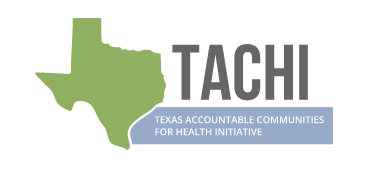

 Dallas, Texas – Parkland Center for Clinical Innovation (PCCI), which improves healthcare for vulnerable populations using advanced data science and clinical experts, has named Russell “Rusty” Lewis as Chief Digital Technology Officer, where he will accelerate the advancement of PCCI’s digital technology platform and data applications.
Dallas, Texas – Parkland Center for Clinical Innovation (PCCI), which improves healthcare for vulnerable populations using advanced data science and clinical experts, has named Russell “Rusty” Lewis as Chief Digital Technology Officer, where he will accelerate the advancement of PCCI’s digital technology platform and data applications.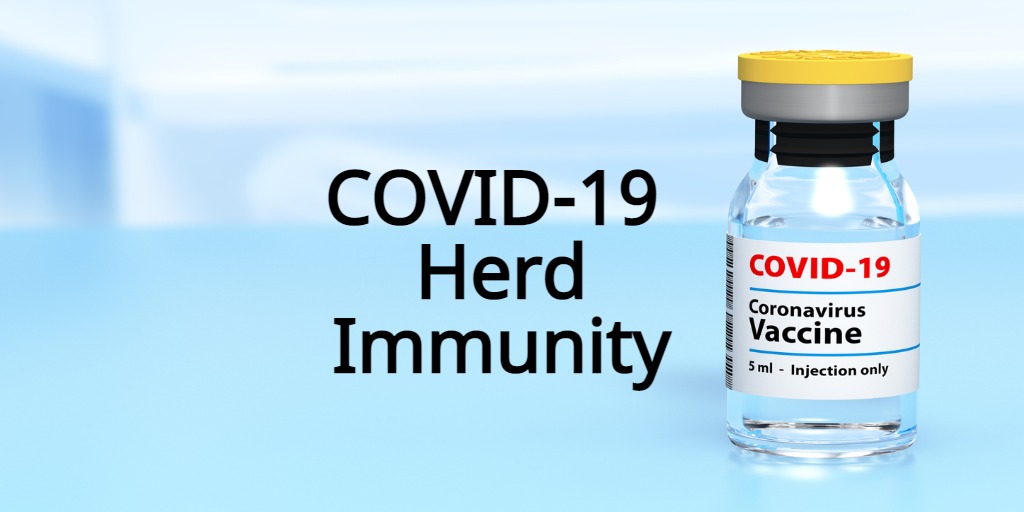


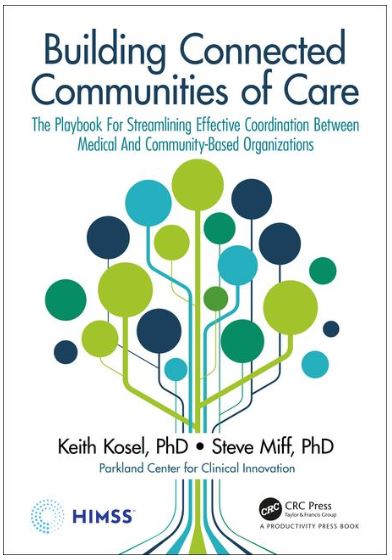

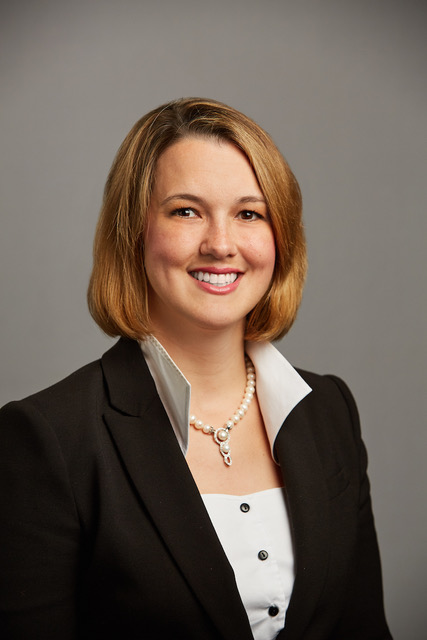
 Appointed by the NIST Director, examiners are responsible for reviewing and evaluating applications submitted for the Baldrige Award, as well as other assessment-related tasks. The examiner board is composed of more than 325 leading experts competitively selected from industry, professional, trade, education, healthcare and nonprofit (including government) organizations from across the United States.
Appointed by the NIST Director, examiners are responsible for reviewing and evaluating applications submitted for the Baldrige Award, as well as other assessment-related tasks. The examiner board is composed of more than 325 leading experts competitively selected from industry, professional, trade, education, healthcare and nonprofit (including government) organizations from across the United States.